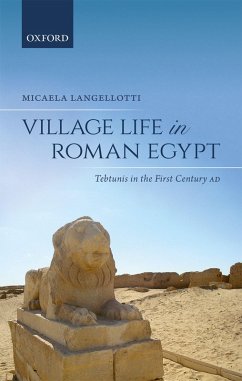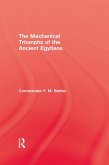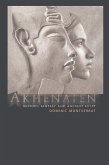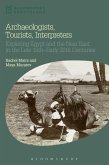This book presents the first detailed study of Tebtunis, a village in Egypt within the Roman Empire, in the first century AD. It is founded on the archive material of the local notarial office, or grapheion, which was run by a man named Kronion for most of the mid-first century. The archive, unparalleled in antiquity, includes over two hundred documents written on papyrus which attest a wide range of transactions made by the villagers over defined periods of time, in particular the years AD 42 and 45-7 under the reign of the emperor Claudius. This evidence provides a unique insight into various aspects of village life: the level of participation in the written contractual economy; the socio-economic stratification of the village, including the position of women, slaves, priests, and the role of the elite; the functions of associations; the types and importance of agriculture; and non-agricultural activities. This multitude of data reveals a highly diversified village economy, a large involvement in written transactions among all the strata of the population, and a rural society living mostly above subsistence level. Tebtunis provides a model of village society that can be used to understand the majority of the population within the Roman Empire who lived outside cities in the Mediterranean, particularly in the other eastern and more Hellenized provinces.
Dieser Download kann aus rechtlichen Gründen nur mit Rechnungsadresse in A, B, BG, CY, CZ, D, DK, EW, E, FIN, F, GR, HR, H, IRL, I, LT, L, LR, M, NL, PL, P, R, S, SLO, SK ausgeliefert werden.









